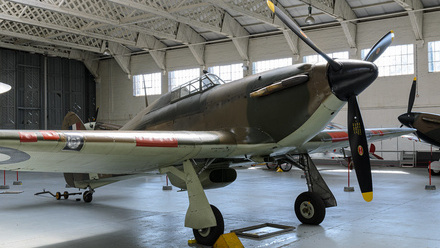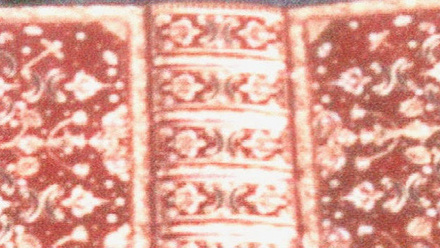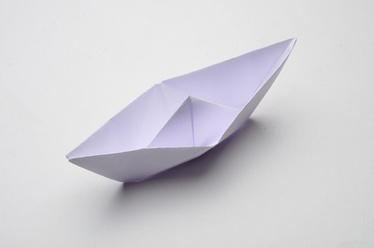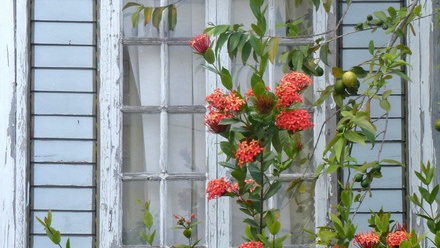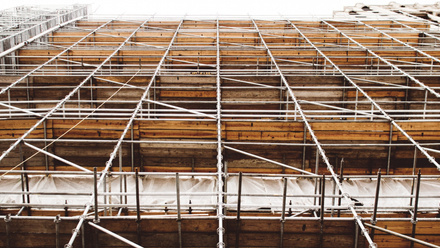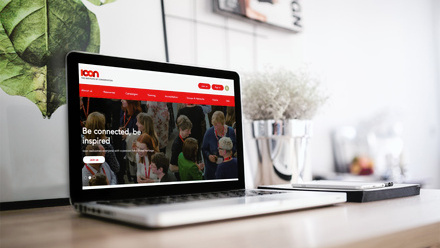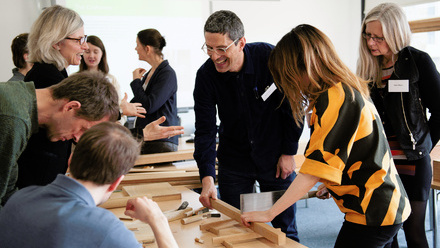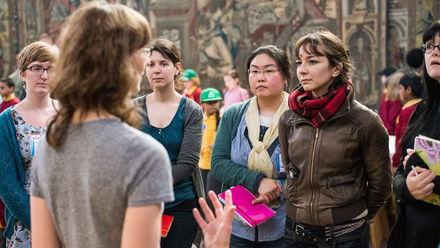Icon accreditation serves an important purpose in generating confidence in the conservation profession. For our lay stakeholders (such as clients, project managers and museum staff), the experience and knowledge an accredited conservator brings is invaluable when making decisions about heritage. For the individual, pursuing the status of an Accredited Conservator-Restorer (ACR) provides the opportunity to challenge oneself and, if successful, can unlock new professional opportunities.
Identifying the Need for a User-Friendly Process
ACR assesment is a rigourous process. No less than 37 professional sub-standards form a robust set of assessment criteria and members must be deemed proficient in all of these to pass.
While there is broad support for these standards across all areas of Icon membership, a 2022 consultation with members indicated that the assessment process itself was not considered user-friendly. Members commented on the complex application form, inflexible timelines, arduous assessment days and the challenges of navigating the process, and particularly for those members with a leaning difficulty or disability.
Consequently, Icon created a working group to resolve these issues and has now introduced the following changes to the assessment process:
- A revised, shorter application form.
- Assesment that is broken down into two phases: an online portfolio, followed by a half-day assesment discussion.
- Flexible timelines to fit around members' commitments - candidates can now take up to a year to complete the assesment process.
- A Fair Access Policy, to ensure reasonable adjustments can be made for candidates with a disability.
- The option to pay fees monthly, via direct debit.
From the ACR's Perspective
In June 2024, Leather Conservator Arianne Panton ACR became the first candidate to achieve accreditation under the new system.
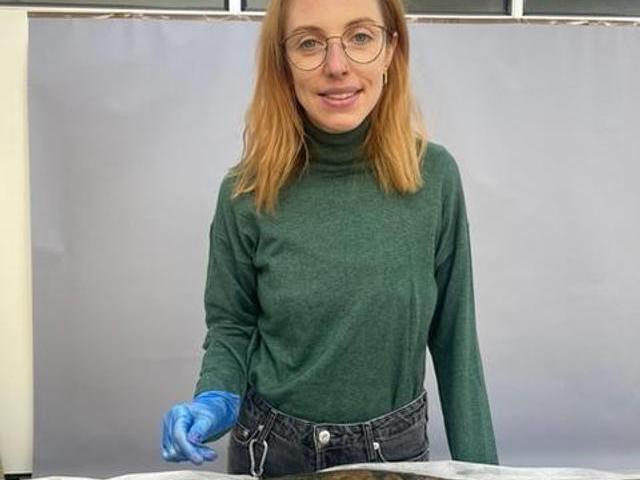
Following an MSc at UCL in Qatar, Arianne worked in the Middle East where she developed a passion for organic materials. In 2021, Arianne joined the team at the Leather Conservation Centre based in Northampton, initially as a Conservator, then progressing onto her current role of Manager of Conservation and Research.
She explains how she found the new accreditation process:
What I liked about the new e-portfolio was that, although there were guidelines and suggestions, you got to make it your own and organise it in a way that makes sense to you.
"I think one of the biggest challenges was just the sheer volume of material I could use and not knowing how to structure it in a logical manner for the assessors. But within the new system, I quickly found a way that worked for me. The revised timeline was probably the most attractive feature of the new system. I like to chip away at tasks and being able to submit your portfolio at any point throughout the year-long timeframe was really positive for me."
"My assessors, Karla Graham ACR and Tracey Seddon ACR, were great. You could tell that they were genuinely interested in the projects. In private practice, you don’t usually get an opportunity to spend half a day talking about your work! It was a nice experience. There were a lot of questions about decision-making and some technical questions. Again, because I specialise in such a specific material, there were things they wanted to learn about, so it was more like a knowledge-transfer than an exam. They both sent me emails of congratulations when they heard I’d been accredited, which was lovely!”
Throughout her journey, Arianne was also supported by her mentor, Beth Baker, whose guidance played a crucial role in helping her navigate the accreditation process. Arianne reflects on the invaluable support Beth provided at the start of her journey:
"Beth has a massive impact on my accreditation journey at the beginning. I started the process using the old system which she had been through so was able to provide insight and first hand guidance on how to navigate it. Beth (very kindly) reviewed my projects as I was developing them, provided a critical eye and someone outside of my particular specialism to bounce ideas off which was extremely useful when trying to consider how the assessors would be viewing my work."
When asked what advice she would offer any Icon members interested in going for accreditation, Arianne highly recommends talking to somebody who has been through the process and she is happy to answer queries from Icon members herself.
"One of the things that really helped me was a Pathway talk, there were two recently accredited speakers going through their experiences and they provided lots of useful tips."
Reflections from Icon's Accreditation Team
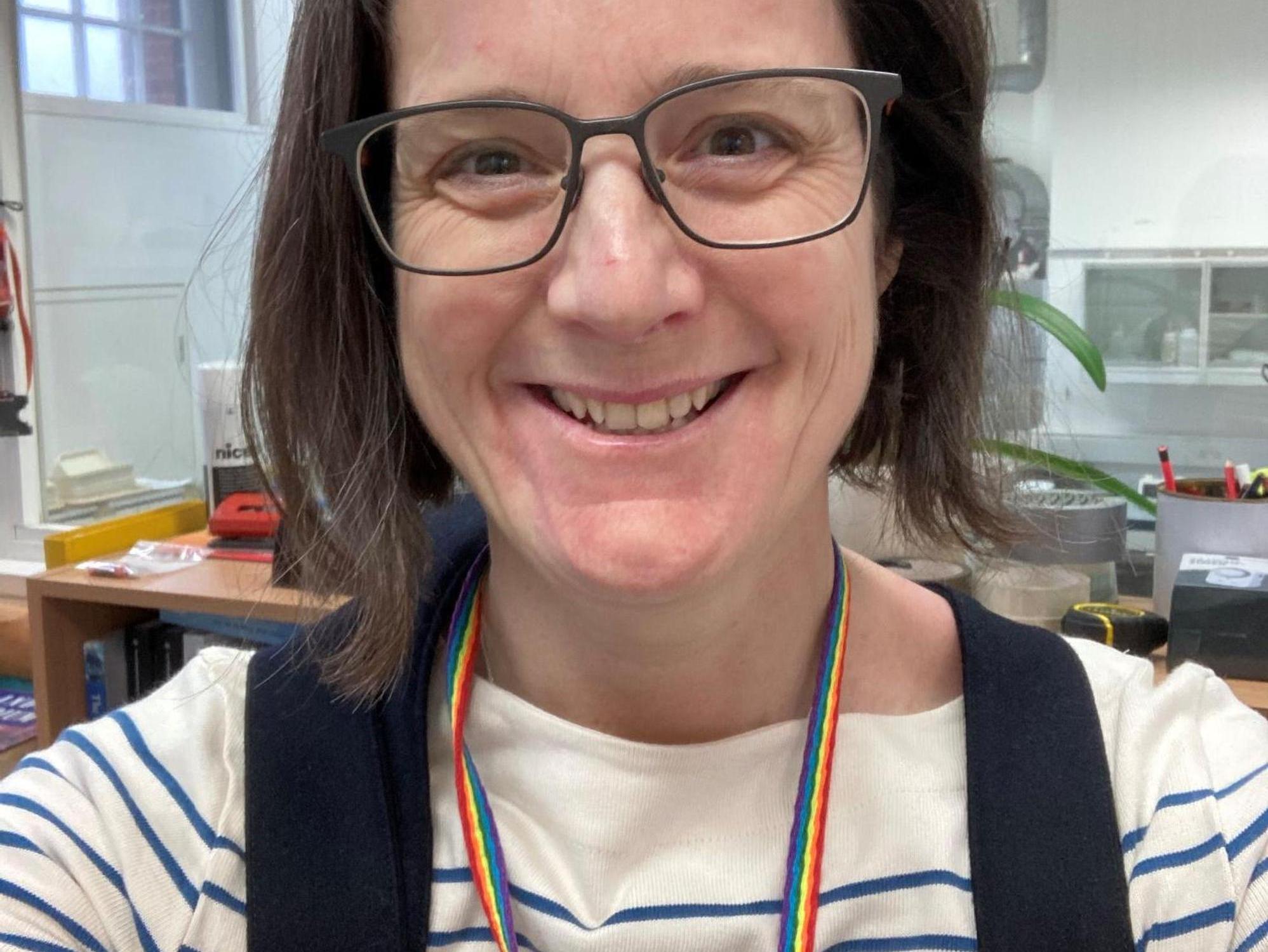
Arianne's lead assesor, Karla Graham ACR was delighted that Arianne achieved her accreditation.
Arianne is very capable and presented an excellent and varied range of projects that really showcased her skills and conservation approaches.
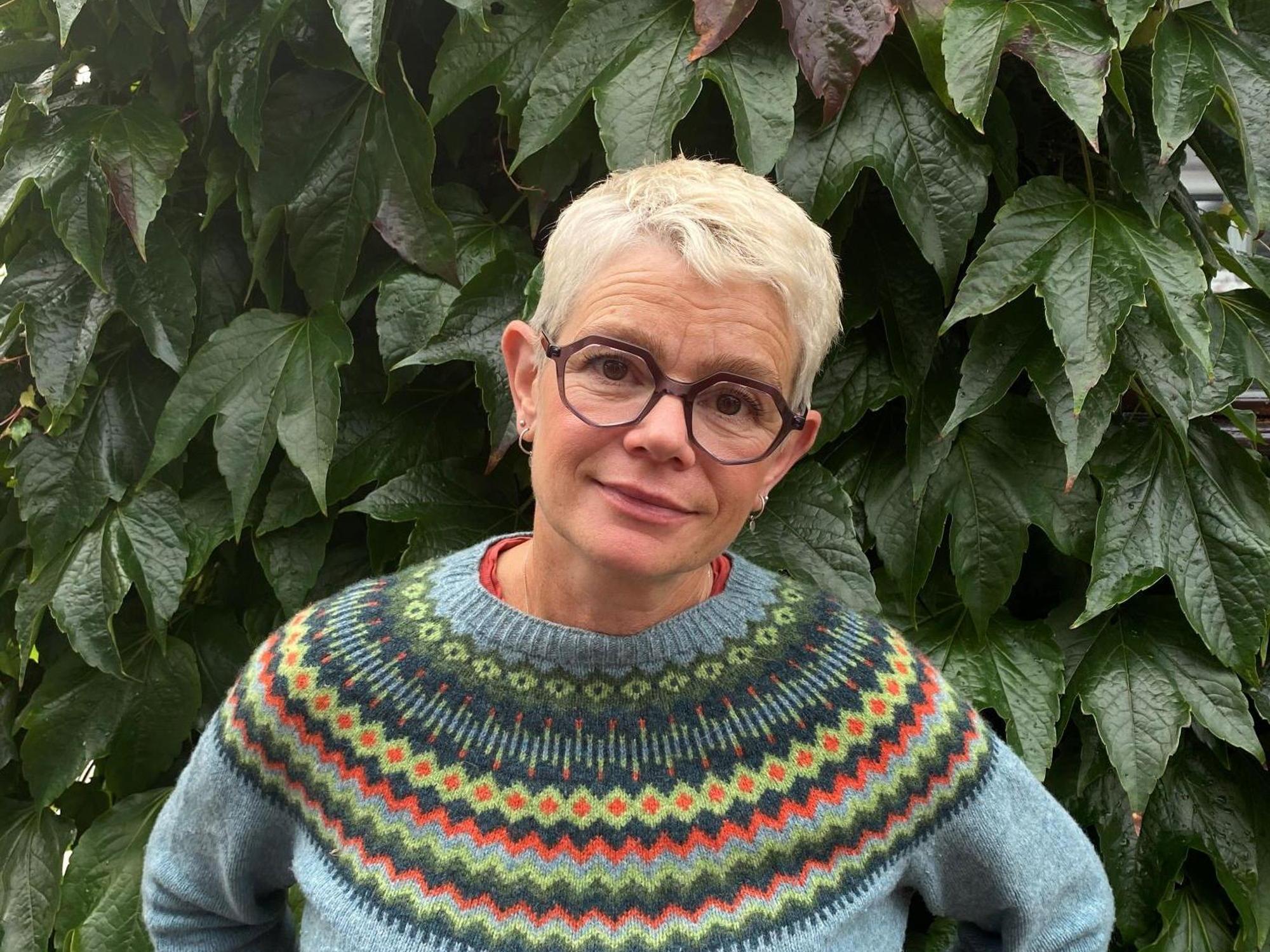
Sarah Peek ACR, Chair of the Accreditation Moderation Committee added:
Much time and thought went into the new application process to make it more approachable, flexible, and fair. I am very happy to see the first successful candidate. Congratulations to Arianne!


